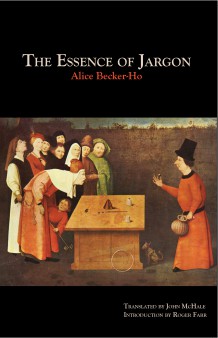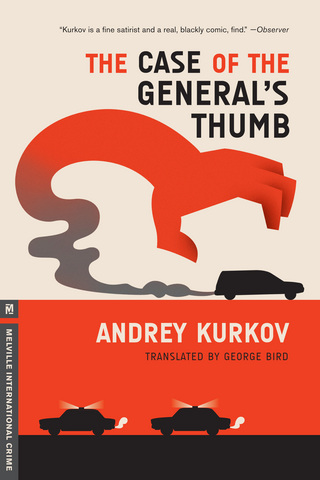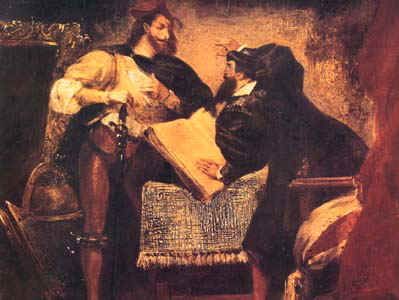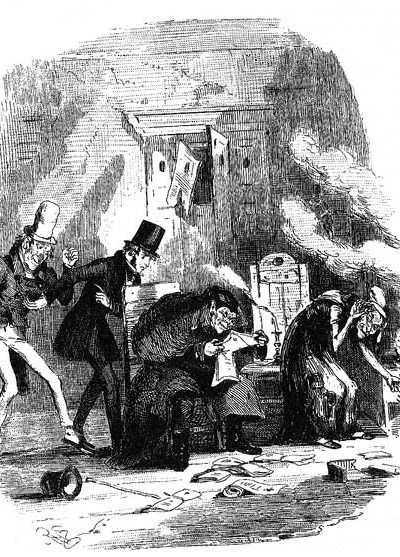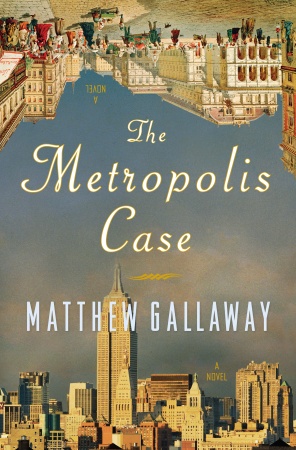The Essence of Jargon – Alice Becker-Ho
Slang words may have multiple origins and equivalents, taking sometimes-meandering paths to their final meaning.
What Ends pulls at past and future, as the out-of-sequence sections zoom in on certain years on the island and the events that ultimately lead towards an uncertain future for both the island and its last inhabitants.
The Case of the General’s Thumb – Andrey Kurkov
This undercurrent of cultural commentary carries GENERAL’S THUMB farther than the story itself.
My Year with the Canon (According to ETS)
Whether or not I ace the GRE Subject Test in Literature, I have gained an invaluable amount of literary knowledge and perspective on the canon (whatever it may be).
Music has the ability to tell stories just as well as texts can.
All the Time in the World – E.L. Doctorow
The stories are novelistic in scope, as each one ends with the bang of an action, event or revelation, but they are also quiet, compact, and unassuming – at least at first.
On Escapism: Nicholas Nickleby
Like today’s television-watchers, who schedule activities around their favorite shows, the nineteenth-century’s novel-readers no doubt experienced a sense of delayed gratification and of belonging to an excited group of followers.
The Metropolis Case – Matthew Gallaway
“The novel’s ‘melody’ develops in recurring and layering coincidences and connections, while its ‘dissonances’ appear in sudden and unpredictable deaths which jar characters and reader alike. And, more obviously, ‘melody and dissonance’ describe Richard Wagner’s opera Tristan und Isolde, which binds Gallaway’s story and four main characters together across pages and centuries.”



